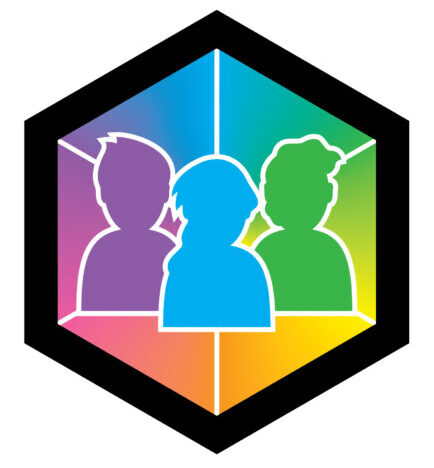Program concepts (below)
The program concepts that will be focussed on are: Social preparation, social norms and community expectations, conversation, negotiation and team-building skills, emotional intelligence and resilience, and the importance of community and roles of people within them.
In-session-rules
These rules will assist the participants to have a safe environment to explore the intricacies of the game, the social dynamics involved and the importance of team work.
Session information and pricing
Each program runs for either 5 or 10 sessions, aligned with school terms. Groups can continue with the same participants into new terms. Sessions can be paid for on a per-session basis, or in advance for 5 or 10 sessions. 10 session payments will receive a discount. Pricing for sessions is under the NDIS price guideline hourly rate for social support. Weekly session rates are lower than Saturday rates, in line with NDIS guidelines.
Group information
We have four types of groups with some crossover depending on age and situation. Groups will be organised to ensure participants are matched with age-appropriate peers to build friendships and support networks.
Primary school
The primary group is aimed at children from Year 3 upwards. Sessions are reduced to two hours to maintain engagement with participants and will utilise the modified player pack, allowing the group to focus on the social interactions. Adventures for the Primary School program are modified to contain age-appropriate content while maintaining our social education aims. Groups transferring from Year 6 to high school will be able to continue into Year 7 to assist with transition. These groups can be run as an after-school program or on a Saturday.
High School
The high school group is aimed at all ages of high school student. We aim to assist students to progress through high school with more conversational solutions, less anxiety and more confidence. In addition to social education, older students will also focus on reliability, team work, decision-making and planning to prepare them for transitioning to a workplace and adulthood. Participants can choose to use the modified player pack or transition to traditional character sheets and game-play. High school groups can be run as an after-school program, on a weeknight or on a Saturday.
Young adults
Our young adult groups are aimed at participants who have recently left school and want to expand their understanding and skills in social interactions, expectations of the community and workplaces. Like the high school programs, these sessions will also focus on reliability, team work, decision-making and personal planning. This can all be achieved while expanding their social circles and community interactions. Participants can choose to use the modified player pack or transition to traditional character sheets and game-play. Sessions can be run during the day (availability to be confirmed), on a weeknight or on a Saturday.
Adults
Our service is not limited to students and young adults. People from all age groups can access our programs to assist them with social interactions, anxiety and self-confidence. Role-playing is a great way to build confidence, socially interact with friends or just meet new people. Participants can choose to use the modified player pack or transition to traditional character sheets and game-play. Sessions can be run during the day (availability to be confirmed), on a weeknight or on a Saturday.
Program concepts
Our key program concepts that we work on in our sessions are:
Social preparation
Conversational skills
Negotiation skills
Team building skills
Emotional intelligence and resilience
Importance of community and roles of people within them
We provide structured sessions that utilise teamwork and social and communication skills to complete set tasks. During these sessions, we focus on our specific program concepts and ensure that all members are able to experience different types of social interactions that they would not usually experience. Through these interactions, we are able to work on our program concepts and provide guidance and support to enable better understanding of society and how they interact with the wider community.
